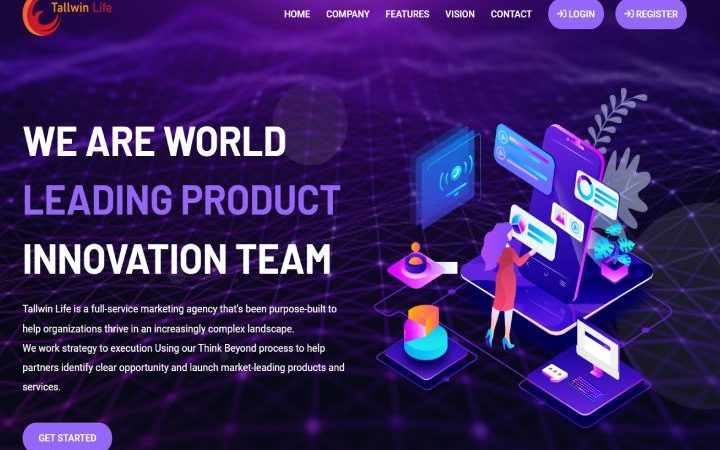Business Challenges In The Digital Transformation Of Human Resources

The context of the pandemic has left great damage to the economy. However, this situation is beginning to reverse and improve for the year 2022, since increases of between 5.9% for the end of 2021 and 6.3% for 2022 in the GDP are estimated, growth that would allow recovering the levels of pre-pandemic GDP by the end of 2022.
Along the same lines, there is an increase in national employment, since 54% of companies will increase their hiring within two years, as shown in the Info jobs report on the ‘Company Hiring Prospects’. However, it is one of the countries in which, even having to incorporate workers, it is difficult to find the required skills in certain candidates.
With the intention that companies are prepared to face in the most efficient way the recovery of their business and the incorporation of new talent, the multinational Human Resources , presents the four business challenges to work from the Human Resources and, in this way, favor business activity in the market:
Table of Contents
Finding A Balance Between Workers And New Technologies
New technologies pose a challenge for all workers, including those responsible for HR who must redesign jobs and restructure the organization of companies. Therefore, it is necessary to identify the fundamental human skills and combine them with the best technologies and automation techniques, since they are complementary forces. Although the incorporation of technology is essential to advance at the speed of the current market, 43% of companies reveal that they “lack understanding of where and how Artificial Intelligence can be used,”
2. People Analytics: Big Data At The Service Of Human Resources
Companies use data about their workers to improve the recruitment process, increase development and promote the organization. In this sense, people analytics is increasingly being used, a research methodology that uses data to make objective decisions that affect workers. The aim is to help managers better manage their team and promote the success of the company.
3. Digital Transformation In The Hybrid Model
Many companies do not contemplate returning to the exclusively face-to-face model after the restrictions. In this sense, the challenge is to incorporate new digital initiatives, implementing new mobile applications, software, and tools that help change the way of working within the company. Increasingly, companies are demanding video conferencing solutions with high-quality tools and advanced features. In addition, centralized communications are required with technological solutions that allow the different members of a work team to communicate with each other.
4. Improve The Experience Of Workers In The Company
A great opportunity is presented with the use of technology to maintain the corporate culture of companies, improve worker motivation and offer better training opportunities to workers. Therefore, involving workers in the design and development of plans or fostering innovation increases their degree of satisfaction, facilitates the transition to a more flexible, dynamic, and agile organizational model, and also improves the reputation of organizations.






